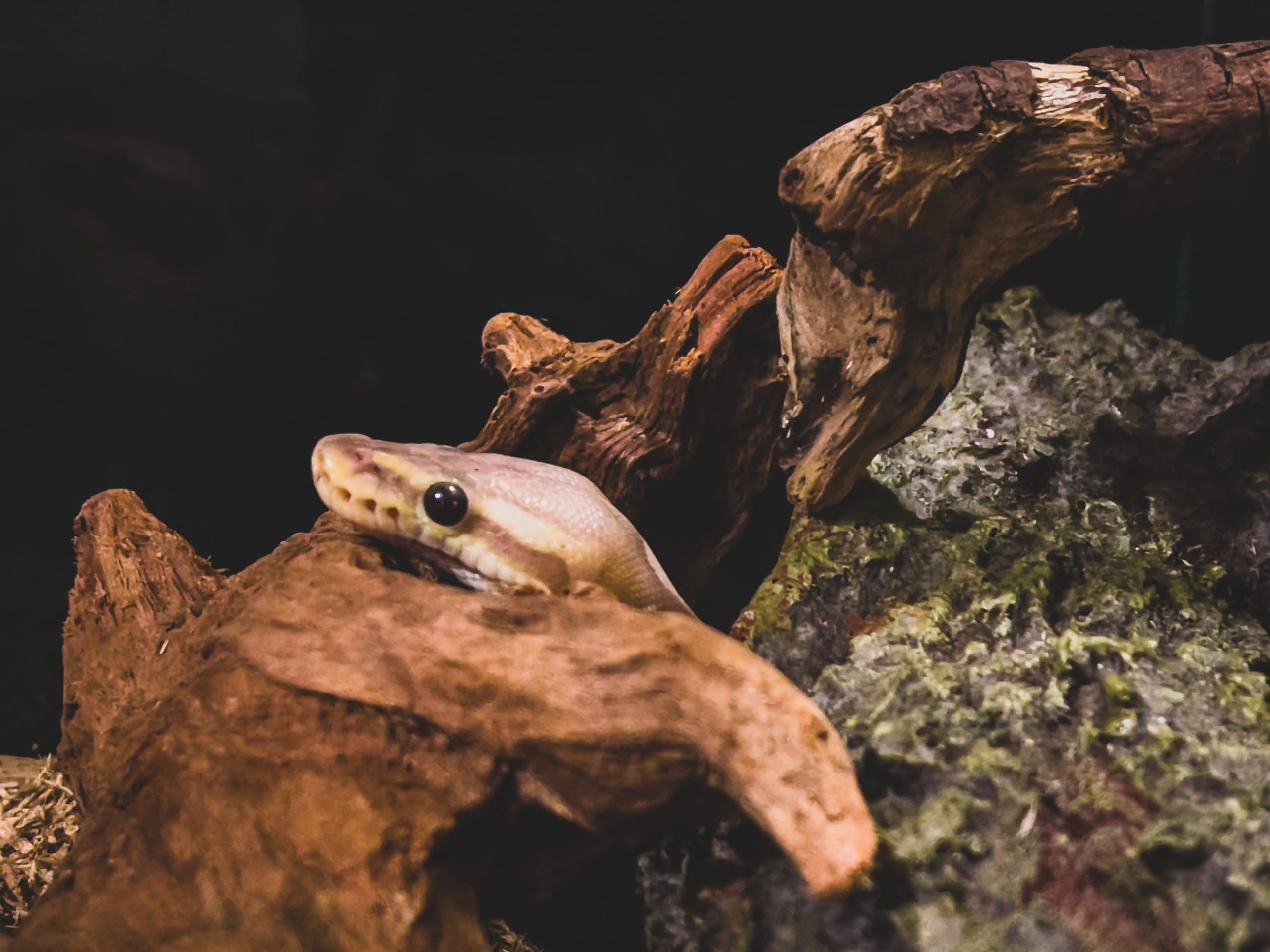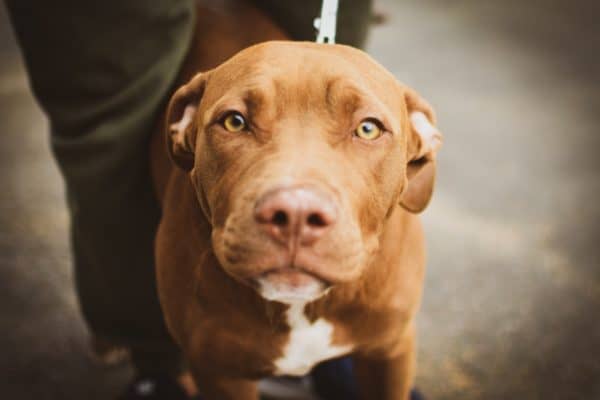Exotic Pet Care Tips During Summer

Now that summer is here, it’s time to embrace the sunlight and let your exotic pet enjoy the weather as well.
While cats and dogs are affected by hot weather, exotic species often require extra care and thought when it pertains to temperature and housing. Some pets are also more prone to heatstroke owing to their origin, and parasites that can affect exotics are abundant this time of year.
How can exotic pet owners avoid pet disasters over the summer? This article will provide you with tips to help keep your exotic pets safe, as well as some dietary recommendations for them.
What Are Exotic Pets?
A pet that isn’t a farm animal, cat, or dog is often referred to as an exotic pet. This includes a wide range of animal species, such as amphibians, fish, reptiles, birds, and pocket pets, in addition to less common pets like kangaroos, primates, chameleons, large cats, and pot-bellied pigs.
Can You Keep Exotic Animals as Pets?
Exotic pets, including captive reptiles and other wild creatures, have the same demands as those species in the wild. Primates are one example of an exotic species that should not be kept as a pet since their demands are too complicated to be addressed in a domestic setting. It is critical that you do research before opting to buy an exotic pet, because they may require more care and attention than your typical domestic pet.
How to Take Care of Exotic Pets in the Summer
Reptile & Avian Care
While many reptile and bird species can withstand higher temperatures,
heat-related crises can still happen when they are being transported. Take
extra precautions to keep the car cool and cover the windows with blinds to
keep the sun out.
As with any other animal, never leave your exotic pet in the car; instead, make
sure you get straight to your destination without having stopovers. It’s house
has to be kept tidy and in a location with sufficient circulation and
ventilation. Low to mid-20°C should be the maximum temperature.
Small Mammal Care
Numerous pocket pets require refuge in a cool, temperature-controlled setting. To prevent attracting flies and other dangerous parasites, cages should be kept dry and clean. Make sure your furry friend has plenty of access to fresh water and keep cages and hutches out of direct sunlight.
While many pet owners let their animals play outside and munch on grass, keep in mind that lawns are sometimes chemically treated. When in doubt, choose fresh, organic vegetables like lettuce, carrots, and greens.
Signs of Heat-Related Illness in Exotic Pets
Symptoms of sickness can appear abruptly and subtly in exotics. Here are some of the symptoms of heat stroke to look out for:
- Decreased excretions
- Breathing quickly
- Panting
- Remaining in the cage’s bottom (birds)
- Restlessness
Dietary Tips for Exotic Pets
Offering the proper diet is essential for your pet’s health because malnutrition is among the issues that exotic pets experience the most. It is extremely likely that what a pet eats will affect their health status and, in some situations, how long they live, whether that pet is a gecko, iguana, snake, ferret, chinchilla, bird, rabbit, or any other kind of pet.
Due to their high fibre needs for appropriate gastrointestinal function, animals like guinea pigs and rabbits, for example, require an endless supply of hay. They also require specific fresh fruits and vegetables, although there are restrictions on what can be eaten and how much can be provided. Other tiny rodents or mammals have unique needs as well, including extremely specific formulated food for ferrets.
Additionally, reptiles have highly specific nutritional needs. Some reptiles solely consume plant materials, while others are omnivorous (consume both animal matter and plants), carnivorous (only consume animals such as mice), or insectivores (eat insects). While feeding herbivorous reptiles, caution should be exercised since contact with animal-based proteins (found in dog food, monkey chow, or cat food) can harm the kidneys and cause a disease that is sometimes fatal.
Exotic Pet Food from Kiezebrink
Your bird, small mammal, or reptile will likely be healthier and more active if you can establish their specific nutritional requirements. You can check out our plethora of frozen reptile foods and dry exotic foods for your selection.








